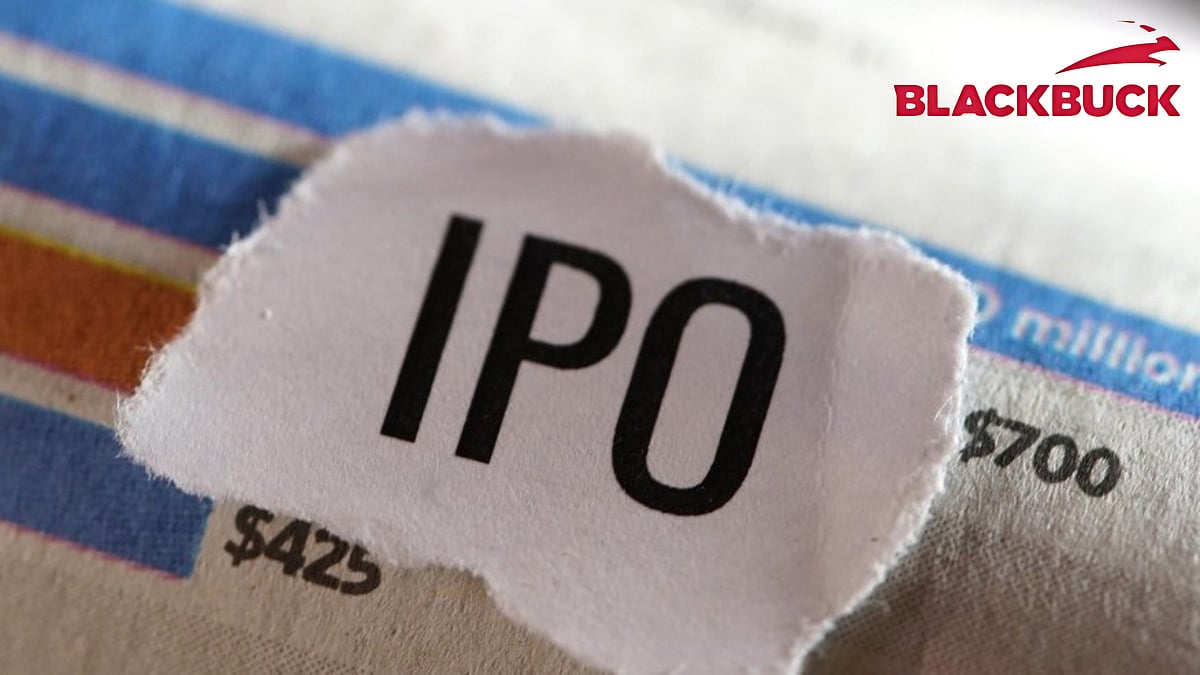The Mumbai real estate market is experiencing an unprecedented surge, with high demand, increasing volumes, and a growing interest in both commercial and residential properties, President of CREDAI-MCHI, Domnic Romell (55) ) stated on Monday. He was taking part in ``FPJ Dialogue" event at the FPJ office at Nariman Point. He said there has never been a better time to invest in Mumbai's real estate market , despite ongoing challenges like rising interest rates and stamp duties.
“As the year progresses, the market will continue to outperform expectations. Real estate transactions are more robust than last year, with month-on-month growth. The market has demonstrated resilience, surpassing previous records despite higher costs associated with loans and registration duties,” he said.
"People are more educated and informed about the buying process," he said adding, "Thanks to the Real Estate (Regulation and Development) Act (RERA), consumers are now more aware of their rights, and developers are being held to higher standards. This has created a more transparent market where buyers can make informed decisions."
Asked about which areas in Mumbai are witnessing a boom, Romell said that the demand for upscale properties has surged, but so has interest in suburban developments. The Mumbai suburbs, particularly areas like Goregaon and Andheri, are seeing a growing appetite for residential properties, with rentals in some suburbs nearing prices in locations like Bandra.
"The shift is due to the 'walk-to-work' concept that is gaining traction. People are prioritizing convenience and time-saving, and that's why suburban properties are becoming more attractive. The density in these areas is growing as people prefer to live closer to their offices,” he felt and added that despite the booming demand, affordability remains a challenge for many. In South Mumbai, where prime properties command upwards of Rs 1 lakh per square feet, finding affordable options has become nearly impossible for most buyers.
In contrast, the demand for 2BHK apartments is soaring in the suburbs, since they are seen as a necessity for growing families. According to Romell, the size of the property remains important, but price is another critical factor in the decision-making process. "The challenge with Mumbai is that affordability in the metro area has become a real problem. The cost of land is high, and taxes can push prices further up. In non-metro areas, buyers have more breathing space, but in Mumbai, only those with a combined salary large enough to cover both an EMI and rent, can realistically afford to buy," Romell said.
Asserting that redevelopment projects in Mumbai, particularly in older and dilapidated buildings, is a mixed bag, Romell said, “While some projects have delivered good returns, developers face regulatory hurdles, including the need for multiple approvals from various authorities, such as the NGT, Civil Aviation, and Defence Ministry. Redevelopment margins are thin, and only a few developers like Oberoi Realty have consistently delivered above 10% returns. Navigating through the numerous regulations requires significant expertise and careful planning," he felt.
The Mumbai real estate sector is also grappling with issues related to the availability of Transferable Development Rights (TDR), a critical tool for redevelopment. "TDR is becoming increasingly scarce, especially post-DCPR 2034. It's a major concern for developers," Romell felt.
Commenting on the Dharavi redevelopment project, which promises to add value to the city's economy, the CREDAI-MCHI president said that while some concerns remain, including the unavailability of TDR, the general consensus is that the project will be a major boost to Mumbai’s infrastructure and housing supply. “CREDAI-MCHI welcomes the Dharavi redevelopment since it is a win-win for the entire city. Any form of redevelopment is positive for the economy since it will generate jobs and improve infrastructure," Romell opined. He said the requirement to buy 40% of TDR from the Dharavi project was a welcome development.
Looking ahead, Romell predicted that the real estate market in Mumbai will continue to grow in the next decade. With hundreds of crores of rupees earmarked for infrastructure development and several kuded.ey projects underway, including in the Third Mumbai region, there is hope that land availability and affordability will improve over time.
"Despite challenges, Mumbai's real estate market is primed for growth. The development of suburban areas and the rise of vertical slums are changing the way we view space and affordability," he said and added that the the shift towards transparency is also being driven by technology. Websites such as RERA have made it easier for buyers to track projects, see timelines, and assess the credibility of developers. This, along with stronger legal protections for consumers, has made the market more accessible to everyday buyers. Also, most payments are by cheque and online mode and this ensures greater transparency.
"The power has shifted in favour of the buyer. With the tools at their disposal, consumers are better equipped to make informed choices, ensuring that the real estate market remains robust and reliable," Romell concluded.












